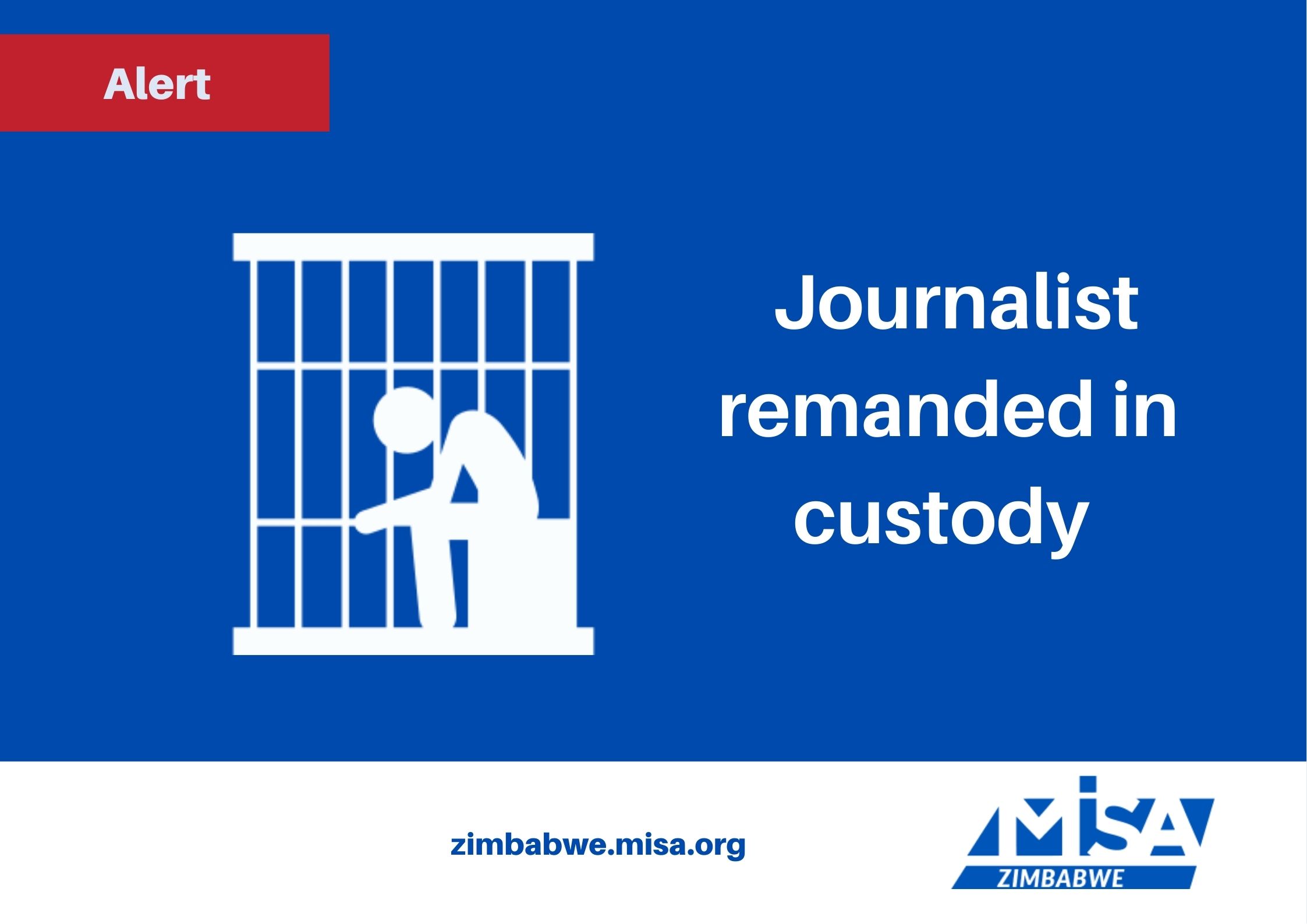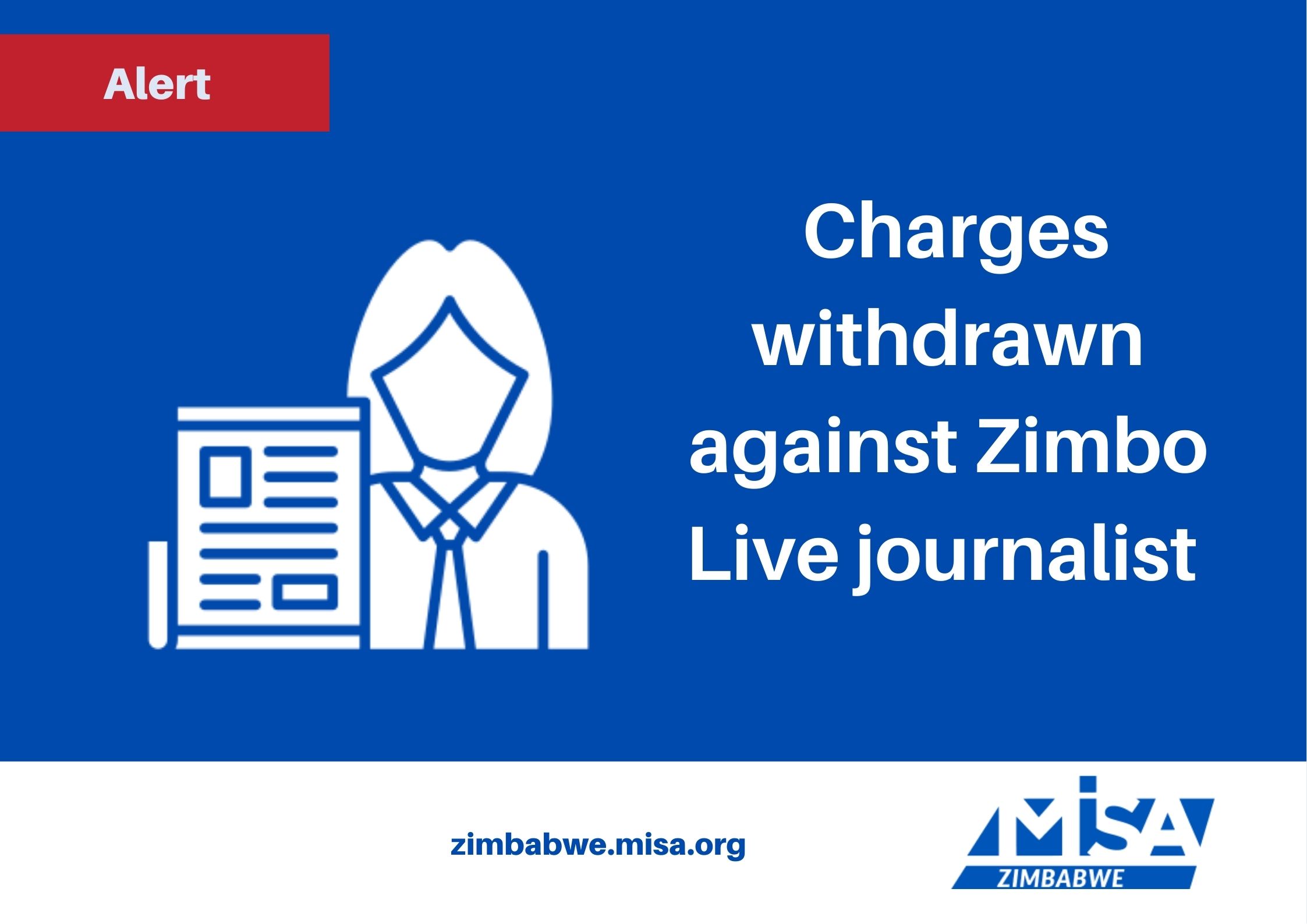18 MARCH 2015, WINDHOEK, NAMIBIA – The Media Institute of Southern Africa (MISA) condemns the continued imprisonment of editor Bheki Makhubu and Thulani Maseko in Swaziland. Today marks one year since the pair were remanded in detention following an unconstitutional closed court hearing on 18 March 2014. The pair were arrested and charged in connection to separate articles criticising the Swazi judiciary, which appeared in independent news magazine, The Nation. They were convicted of contempt of court on 17 July 2014 and later sentenced to two years in prison, with no option of a fine. The Nation and Swaziland Independent Publishers were also fined E50,000 each. The ruling was unreasonably severe and clearly intended to send a message to those who might contemplate future criticism of Swaziland’s judiciary.
INTERNATIONAL CONDEMNATION
National, regional and international civil society organisations have unequivocally condemned the conviction, denouncing it as an inexcusable infringement upon Makhubu and Maseko’s right to freedom of expression.
On 27 March 2014, the African Commission for Human and Peoples’ Rights Special Rapporteur on Freedom of Expression and Access to Information, Pansy Tlakula, together with the Special Rapporteur on Human Rights Defenders, Commissioner Reine-Alapini Gansou expressed their concern with respect to reports detailing the circumstances surrounding the arrest and charges against Maseko and Makhubu, and urged the Government of the Kingdom of Swaziland, to order their immediate and unconditional release, as well as withdraw all charges against them.
The Special Rapporteurs further urged the Swazi authorities to take the necessary measures to stop all acts of judicial harassment and intimation carried out against human rights defenders working in Swaziland and to respect and guarantee their right to freedom of opinion and expression.
Adv. Pansy Tlakula made the following statement:
“In its resolution adopted in July 2014 on Freedom of Expression in Swaziland, the African Commission on Human and People’s Rights, amongst others, expressed deep concern about the continuous allegations of the violation of the right to freedom of expression in general, and in particular the conviction and sentencing of Mr. Thulani Rudolf Maseko and Mr. Bheki Makhubu and called on the Government of the Kingdom of Swaziland to take the necessary measures to stop all acts of harassment and intimidation carried out against human rights defenders and media practitioners and respect and guarantee their right to freedom of opinion and expression. Unfortunately the government has to date, not implemented this resolution.”
MISA Swaziland has supported Makhubu and Maseko since their arrest, attending their court hearings and visiting them in prison. MISA Swaziland Director Vuyisile Hlatshwayo condemned the conviction:
“It spells doom for the future of journalism and practicing journalists in the country,” he said. “It further stifles media development because it instils fear in journalists and citizens who want to express their views. Without the participation of all Swazis through the media, the king’s vision of making Swaziland a first world country by 2022 will remain a mirage.”
Chairperson of the MISA Regional Governing Council, Modise Maphanyane, reaffirms MISA’s commitment to continue its support of and solidarity with Makhubu and Maseko, pledging to make every effort to publicise this injustice as well as garner regional solidarity for their cause.
“From the outset of the trial, it was clear that the court always intended to deliver a guilty verdict, in what we see as a farcical miscarriage of justice and frightening indictment of the lack of media freedom in Swaziland,” Maphanyane said.
BACKGROUND
The articles in question were critical of the arrest and detention of a government vehicle inspector, and the handling of the case by Chief Justice Michael Ramodibedi. Authorities argued the articles interfered with the administration of justice, as the matter was still pending before a court. MISA maintains that the pair was legitimately exercising their right to freedom of expression in commenting on the conduct of the judiciary. Their comments did not warrant the contempt of court charges brought against them.
Makhubu and Maseko’s trial was marked by procedural irregularities and violations of their rights from the onset, which started with their detention after a closed court hearing on 18 March 2014., Furthermore, the judge presiding over the case, Judge Simelane should have recused himself due to his personal involvement in the case mentioned in the articles.
Maseko is also awaiting resumption in his hearing on sedition charges. He was arrested and charged with sedition in 2009 following statements he made at a Worker’s Day celebration. This matter is tentatively scheduled to resume on 20–21 July.
SOUTHERN AFRICA’S MOST REPRESSIVE STATE
There are 32 laws in Swaziland that place restrictions on freedom of expression and access to information. There were numerous incidents in 2014 that demonstrated that freedom of expression is also severely limited in practice. Swaziland’s only privately owned newspaper, The Times of Swaziland, settled a civil law suit and was forced to pay significant damages in a civil defamation case. A journalist was beaten with no ramifications for the assailant, and students were manhandled and detained during a protest at their high school. Swazi Prime Minister Barnabas Sibusiso Dlamini called on union representatives to “strangle” two civil society activists. One of these, Vincent Ncongwane, the Secretary General of the Trade Union Congress of Swaziland, was later prevented from speaking at a gathering. In April seven people were arrested and charged with acts of terrorism for wearing political t-shirts.
Makhubu and Maseko are not the only political prisoners in Swaziland. President of the pro-democracy political party the People’s United Democratic Movement (PUDEMO) Mario Masuku and the party’s youth leader Maxwell Dlamini were arrested last year after they addressed a crowd at a May Day event. They face terrorism charges for criticising Swaziland’s absolute monarchy and expressing support for PUDEMO. They have been remanded in prison since their arrest on 1 May 2014, having had several applications for bail denied. There are reports that Masuku was being held in poor conditions and subsequently his diabetic condition deteriorated, but was denied adequate medical treatment by authorities. The pair were charged under sections 4 and 11 of the Suppression of Terrorism Act 2008, which Amnesty International has called “inherently repressive” and claims authorities continue to use to detain and charge political activists. If convicted they face up to 15 years in prison.
In 2012, a South African activist, Amos Mbedzi, was sentenced by a Swazi court to 85 years in prison for high treason and a terrorism plot to kill the king. Swaziland Youth Congress President Bheki Dlamini and his co-accused Zonke Dlaminihave been in jail since 2010 on charges of planting bombs in authorities’ houses. Supporters have strongly denied that the activists are guilty of any of the charges against them. In their 2011 Annual Report, Amnesty International reported that the pair had allegedly been subjected to “suffocation torture and other ill-treatment following their arrests”. Mbedzi reportedly survived an earlier assassination attempt that killed his two traveling companions.
Political parties have been banned in Swaziland since 1973.
SWAZILAND MUST COMPLY WITH CONSTITUTIONAL GUARANTEES
MISA expresses grave concern over the continued obstruction of media freedom and freedom of expression in Swaziland. A free and independent media is a catalyst for socio-economic development. In Swaziland, where 63 percent of the population lives below the poverty line, the government has an obligation to its people to actively facilitate development, not inhibit it.
MISA urges the Swazi Government to comply with the constitutional guarantees of the right to freedom of expression, the right to a fair trail, and the right to freedom of assembly and association. We further call upon the government to overturn the convictions against Bheki Makhubu and Thulani Maseko, and immediately and unconditionally release all prisoners of conscience and political prisoners. Mistreatment of prisoners is a gross violation of human rights, and we request that claims of prisoner mistreatment are investigated and the perpetrators brought to justice.
MISA also urges the Judiciary to respect the rule of law and the human rights of Swazi citizens, to maintain its independence and to refrain from engaging in the misuse of its judicial structures to settle personal scores.
Modise Maphanyane
Chairperson, MISA Regional Governing Council (RGC)
Modise Maphanyane
Chairperson
MISA Botswana
Linda Baumann
Chairperson
MISA Namibia
Alexandre Neto Solombe
Chairperson
MISA Angola
Tsiu Tsiu
Chairperson
MISA Lesotho
Fernando Gonçalves
Chairperson
MISA Mozambique
Alec Lushaba
Chairperson
MISA Swaziland
Raymond Louw
Chairperson
MISA South Africa
Simon Berege
Chairperson
MISA Tanzania
Kumbirai Mafunda
Chairperson
MISA Zimbabwe
Thom Khanje
Chairperson
MISA Malawi
Hellen Mwale
Deputy Chairperson, MISA Regional Governing Council
Chairperson, MISA Zambia













